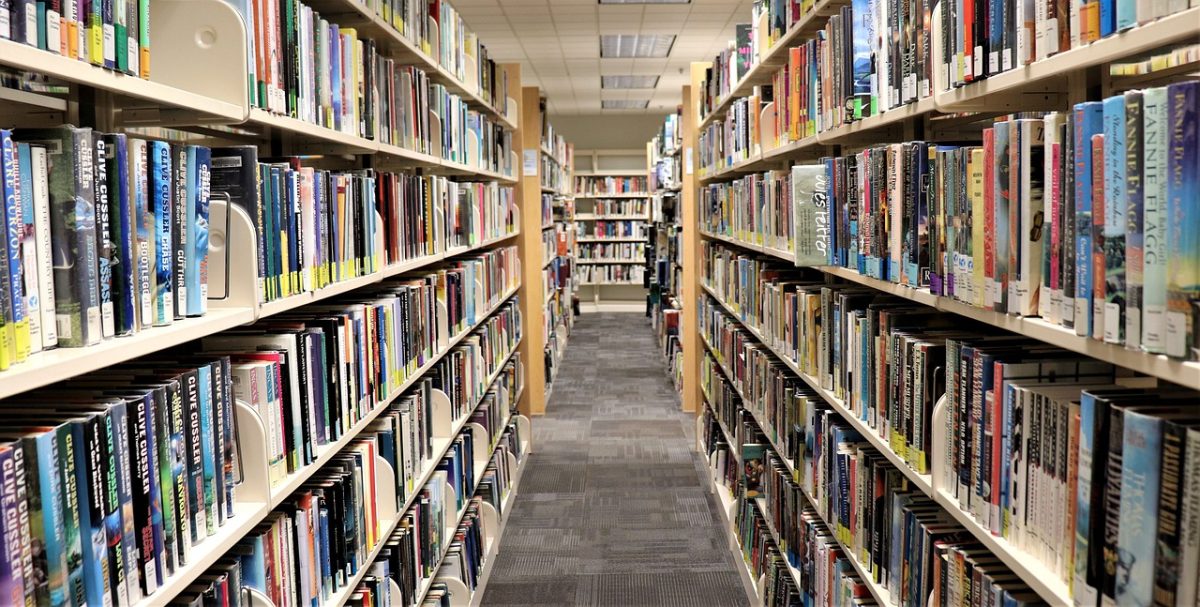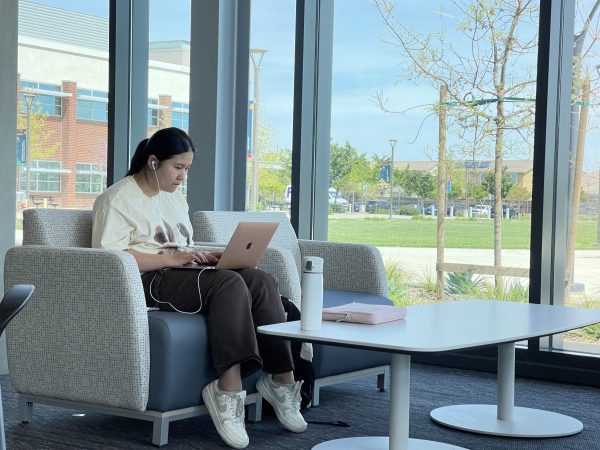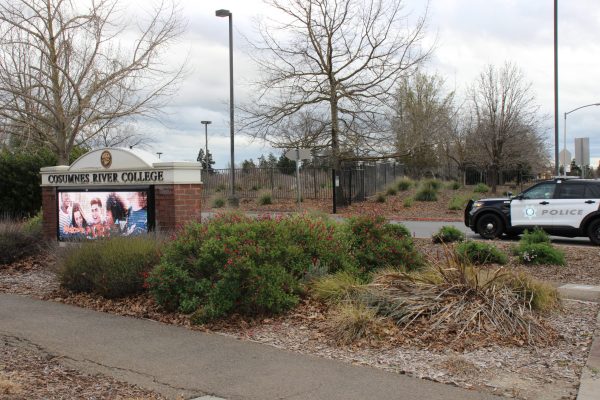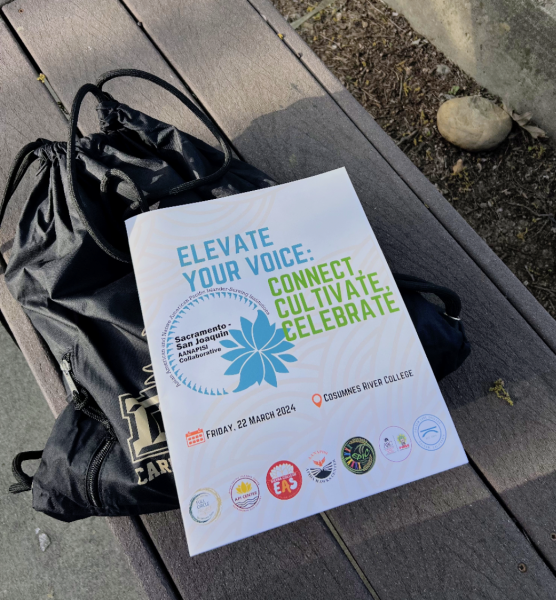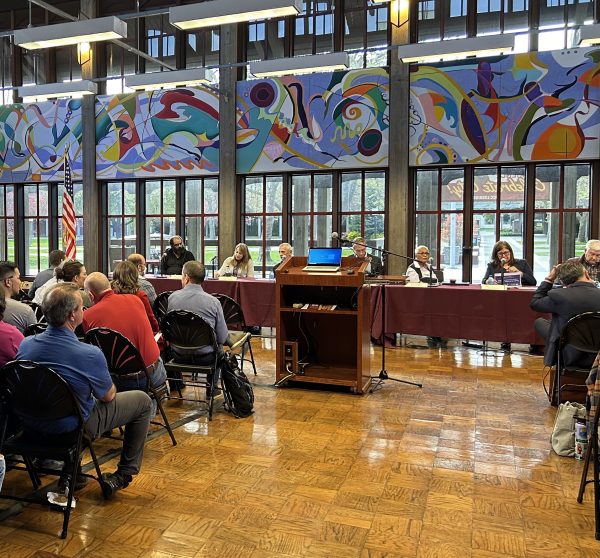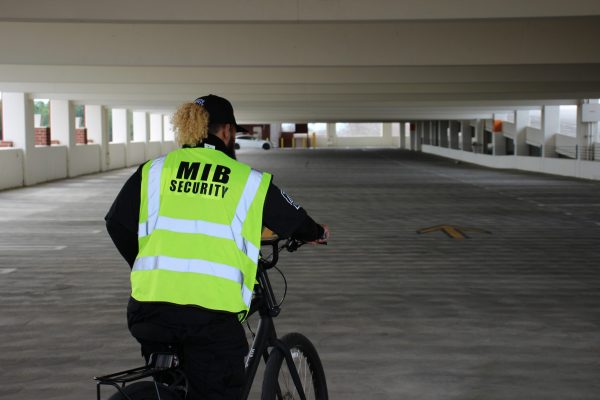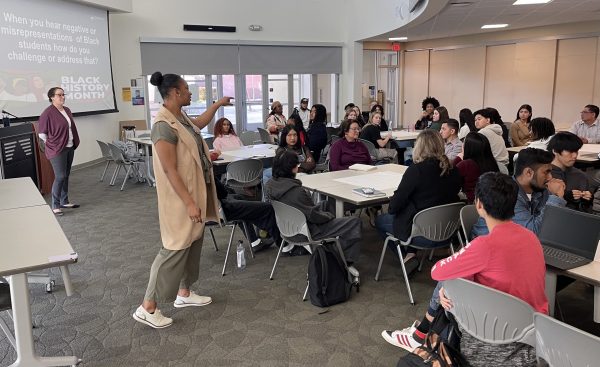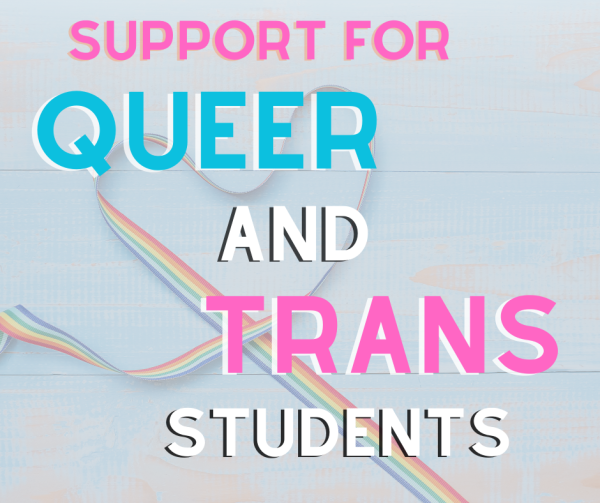Library aims to be a primary source for students this semester
Libraries are now more quiet than ever due to the pandemic. Students are learning to seek help through online resources.
The second-floor library at Cosumnes River College was an escape room for students seeking a quiet place to study, and now as we enter the spring 2021 semester, students are still studying in their homes.
The library was a refuge for those who wanted a place without the noise of the outside world and the feeling of relief of finishing that last-minute assignment without interruption.
“It’s more than computers or books, but it’s a quiet place amongst the craziness of the world where you can just sit down and focus 100% on whatever you desire,” said Library Technician Melissa Briggs, who has been with the library for four years.
However, the library is closed, and those who miss the company of their fellow students while aiming for excellence in their classes are not alone. The library staff misses that as well.
“I miss that in-person contact,” said Librarian Andi Adkins-Pogue. “I also really miss working with students in a classroom setting.”
Adkins-Pogue has been with the CRC Library for 11 years and is the chair of Distance Information and Technology Learning.
Librarian-led instruction on navigating the school website or doing research for a class is also called one-shot instruction, which is not the same for the librarians as it was in the computer lab.
“It’s much more difficult if you can’t walk around the room and see what people are doing and see if people are grasping concepts, and I think especially in an online setting like this, it is very intimidating to ask questions in an online class,” said Adkins-Pogue.
Technical Services Librarian Melanie Huyck-Aufdermaur has been with the library for two years. She focuses her time in online Zoom meetings and does her best to help students while doing her general duties that she would typically be doing on campus, such as finding books to add to the collection.
She also has picked up some new projects over this time, such as putting the library on social media and creating a monthly library newsletter.
“I was particularly invested in getting an email newsletter up and running because we need a one-stop to let people know about what’s happening in the library,” said Huyck-Aufdermaur.
She further explained that the monthly newsletter is a point of human connection that is missed with students being unable to walk into the library and see what is going on.
She also helped create the library’s Instagram, @crclibrary, up for students to follow on their social media.
Adkins-Pogue and Huyck-Aufdermaur promoted the 24/7 chat service open for the students to use to ask for help.
The chat service does not always have librarians from the college because it is available at three in the morning; however, there is nothing to be concerned about if a global librarian cannot answer a student’s question.
“If the question isn’t answered by whoever is staffing the chat, it will get bumped to us, and the librarians will usually get back to you the next day,” said Huyck-Aufdermaur.
The library staff has worked from their homes just as students have worked from theirs, setting up their own offices and workspaces.
However, working from home instead of their campus offices has not been perfect for the library staff.
“The online Zoom stuff gets exhausting after a while, and we go to a lot of meetings,” said Adkins-Pogue, who notes that there’s body language that is hard to read and nuances that become difficult to see when meeting with people online.
Fortunately, Briggs was adapted to online learning from her time as a student through San Jose State and UC Davis, taking classes through both schools’ fully online.
“I’ve had this experience, so I’ve been able to create a space and rules and know when my body is tired, but for other people who are just starting the journey, it may be hard because they don’t have the limits or space, the technology, or the know-how,” said Briggs, as she spoke to what most students are going through.
The library offers several programs to help students succeed despite no in-person access to the books and librarians themselves, such as the Chromebook program created in 2018. Briggs approximated at least 400 Chromebooks available for students to check out, but the information before the closure was spread through word of mouth.
“I don’t think students realize that we have access to the New York Times and The Washington Post, and you don’t have to pay a thing, those are through our databases,” said Adkins-Pogue.
While academic papers may cost money through other websites, the library offers access to the articles and academic papers that students will still need to write their own for their classes for free, along with appointments to do that research most effectively.
“Please do not hesitate to reach out to us. The thing we miss the most, right now, during these pandemic times is interacting with students,” said Huyck-Aufdermaur “We want to hear from you, and we want to get to know you.”

